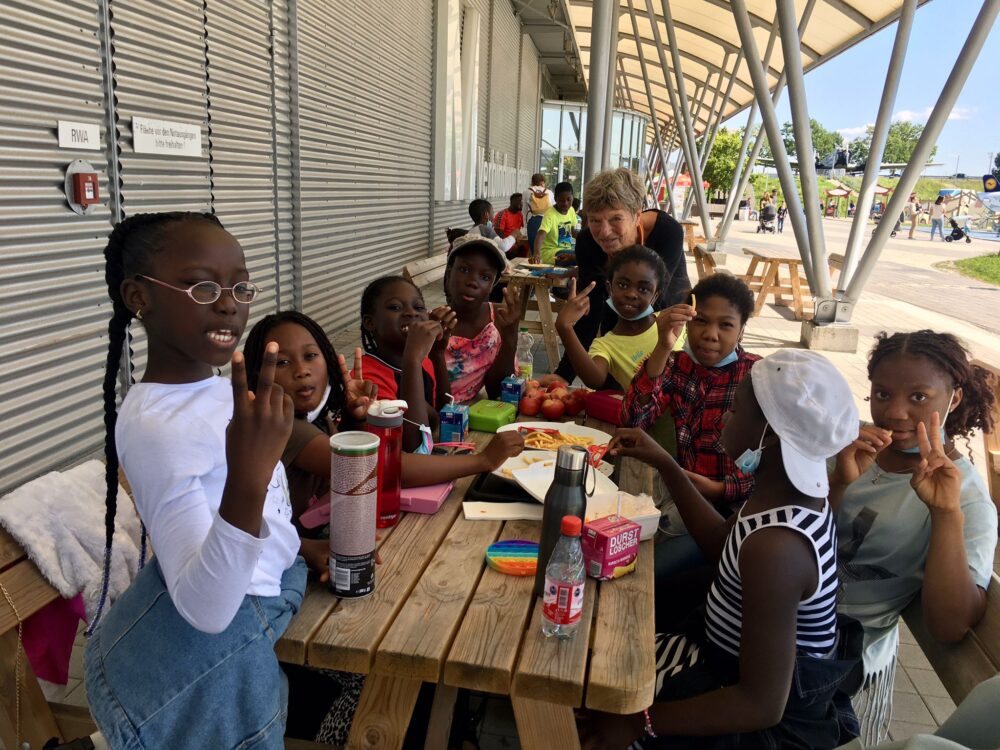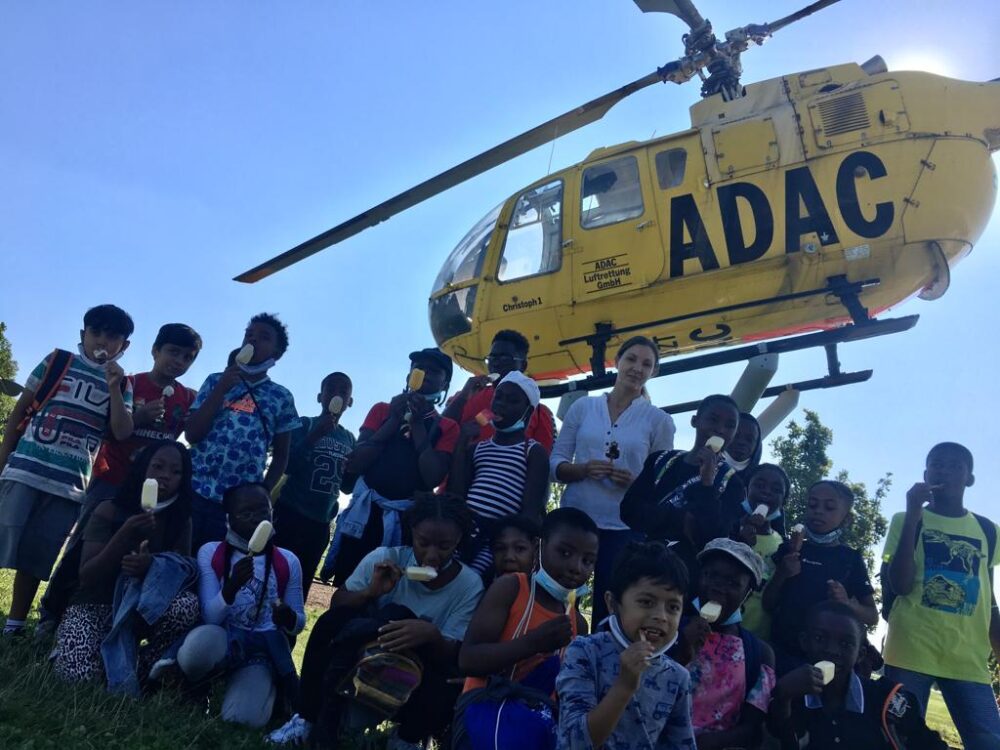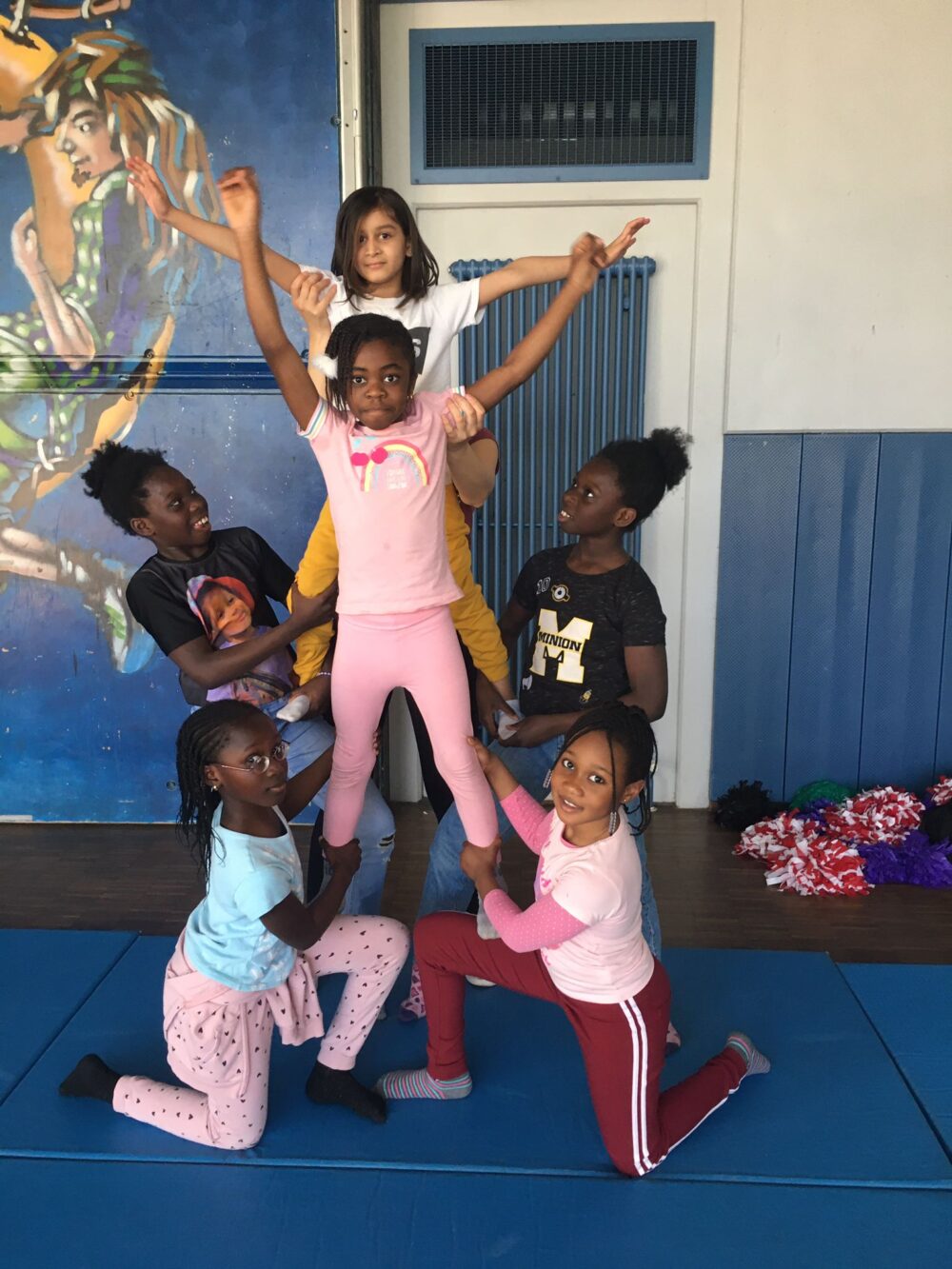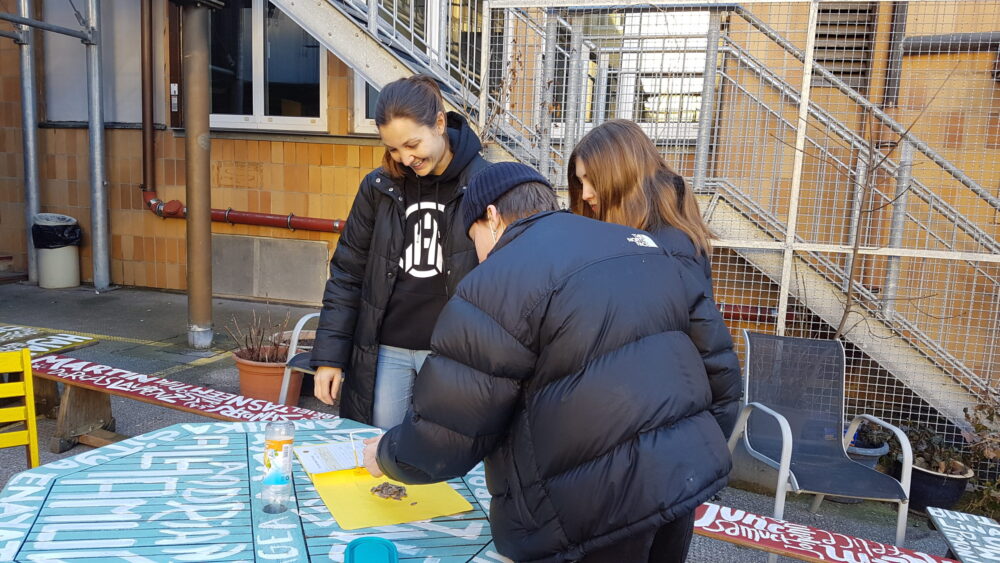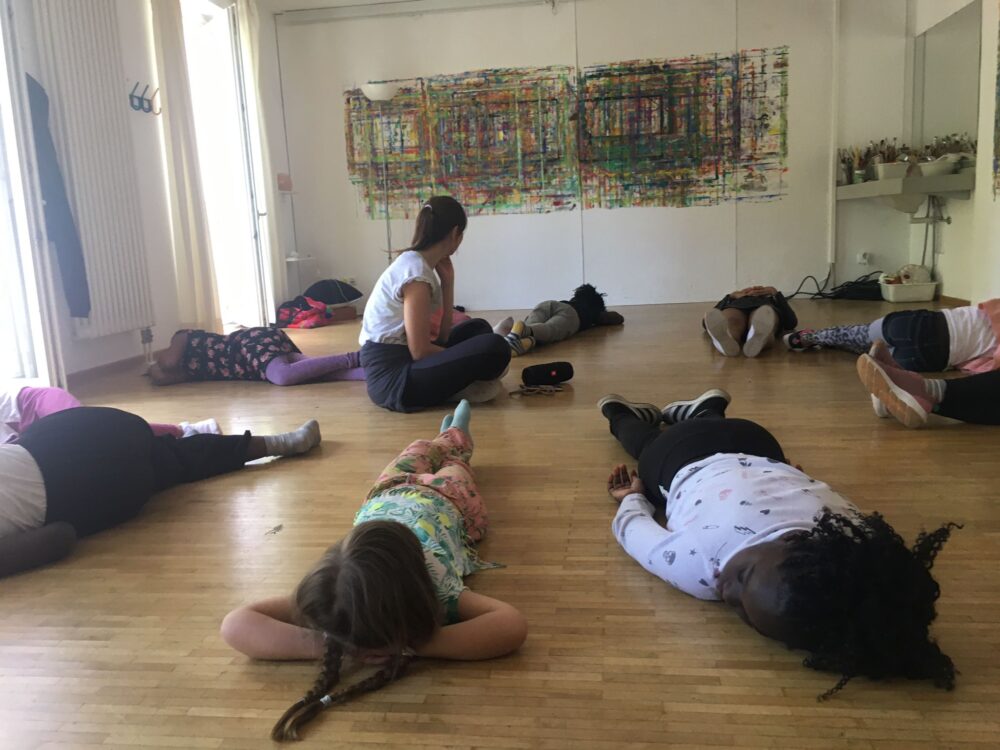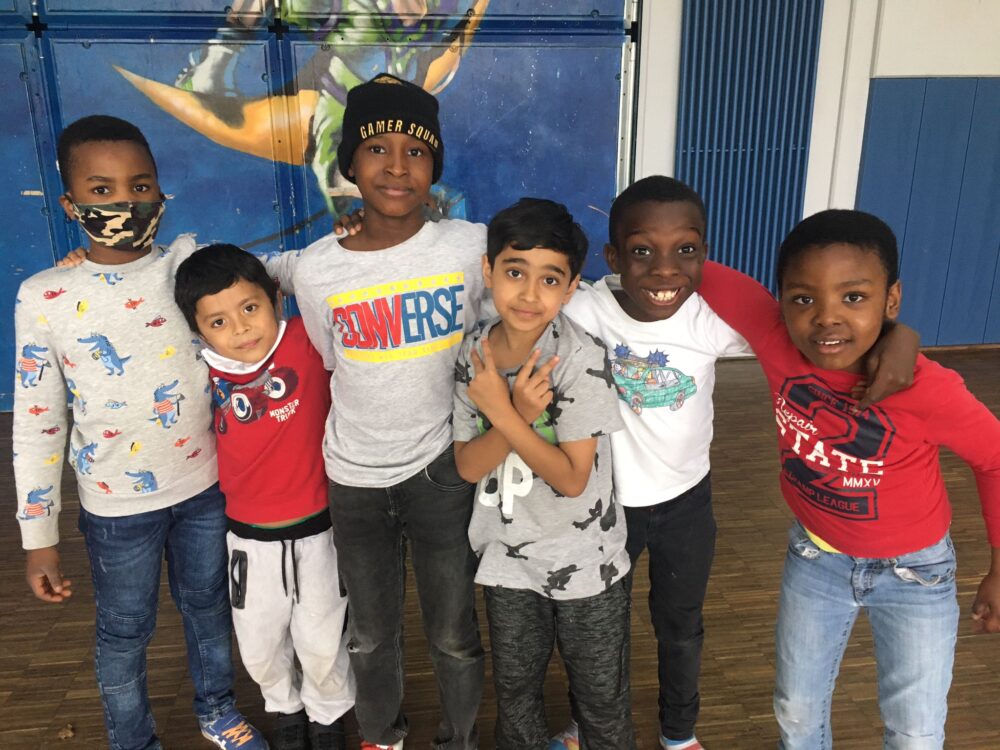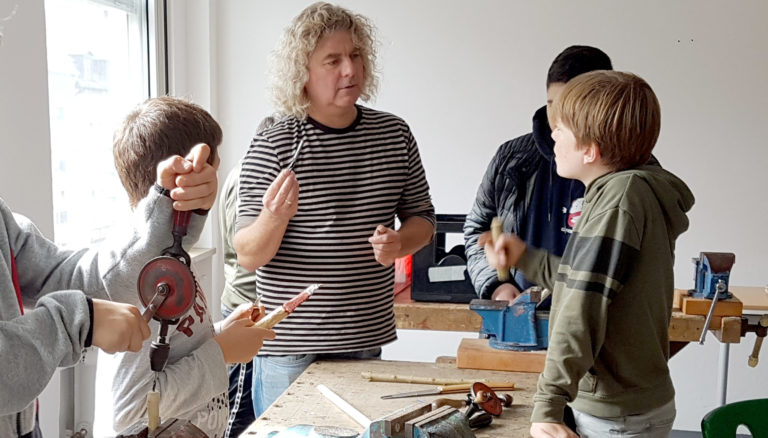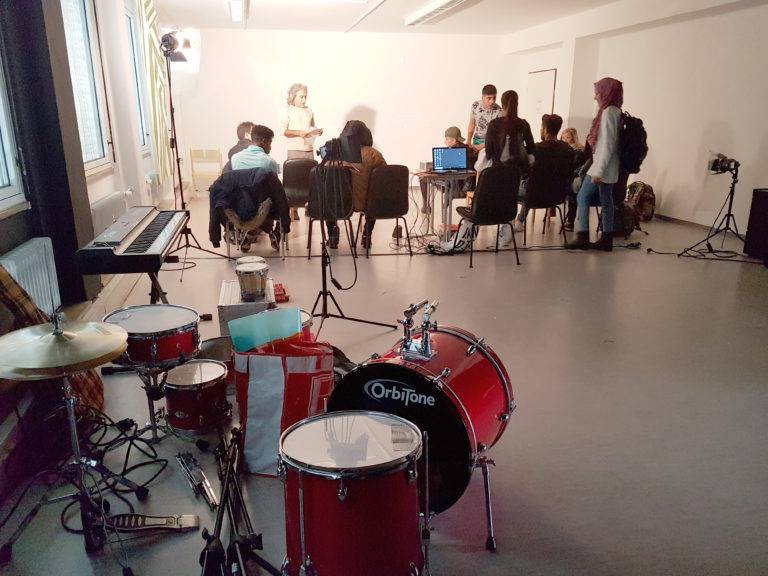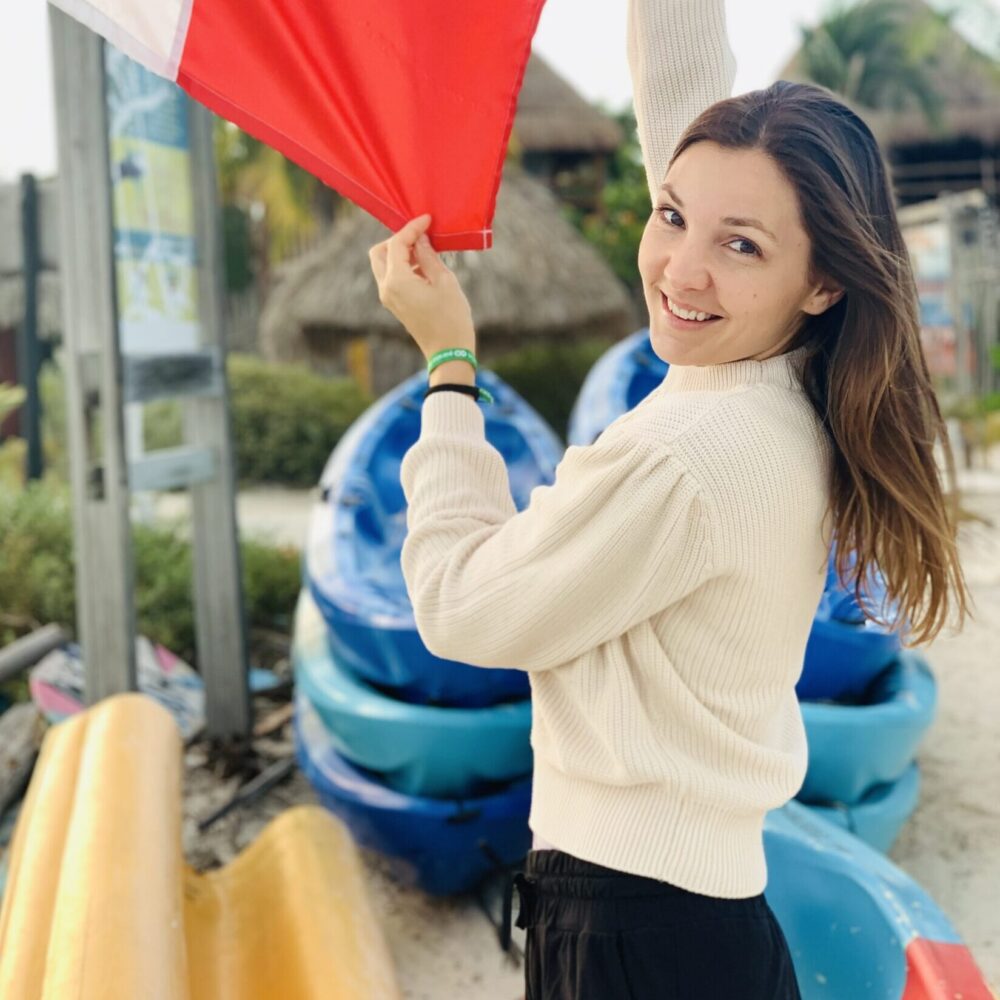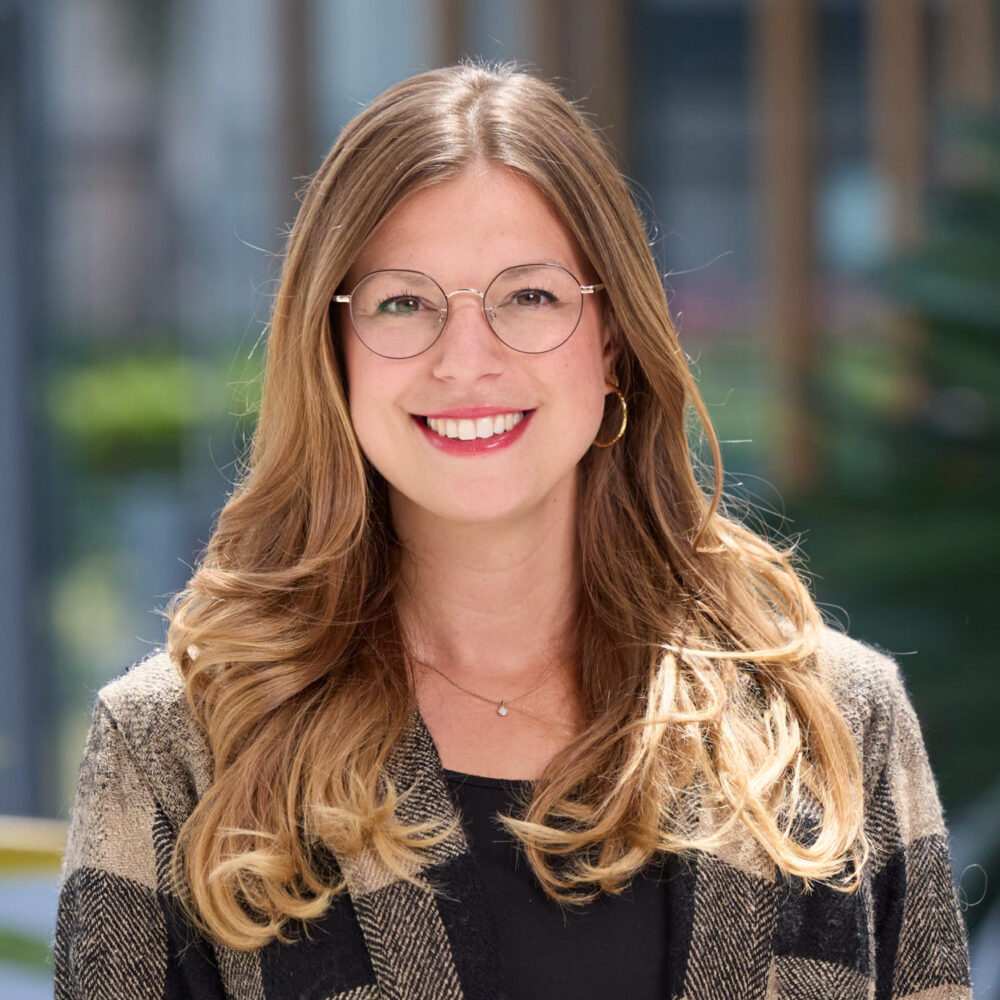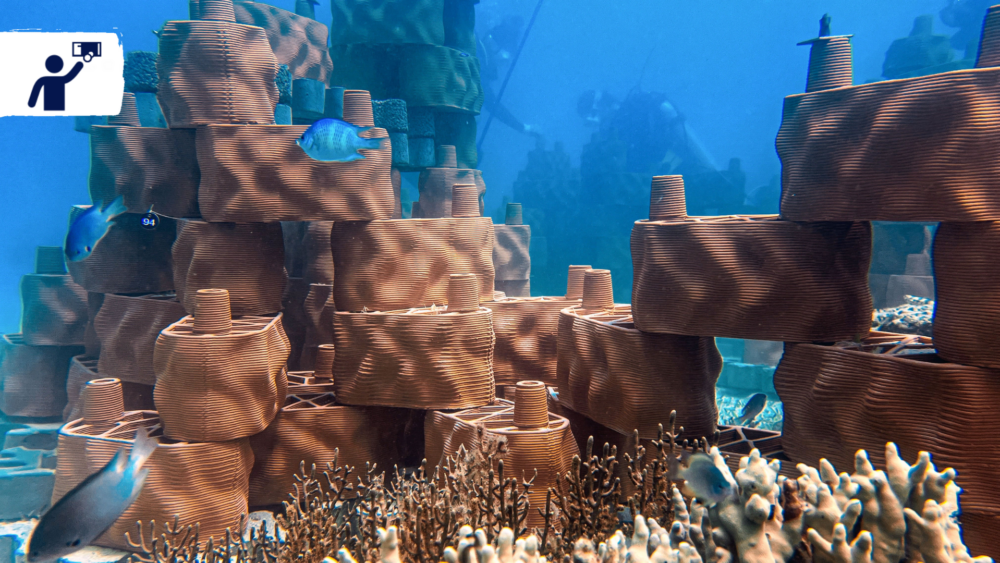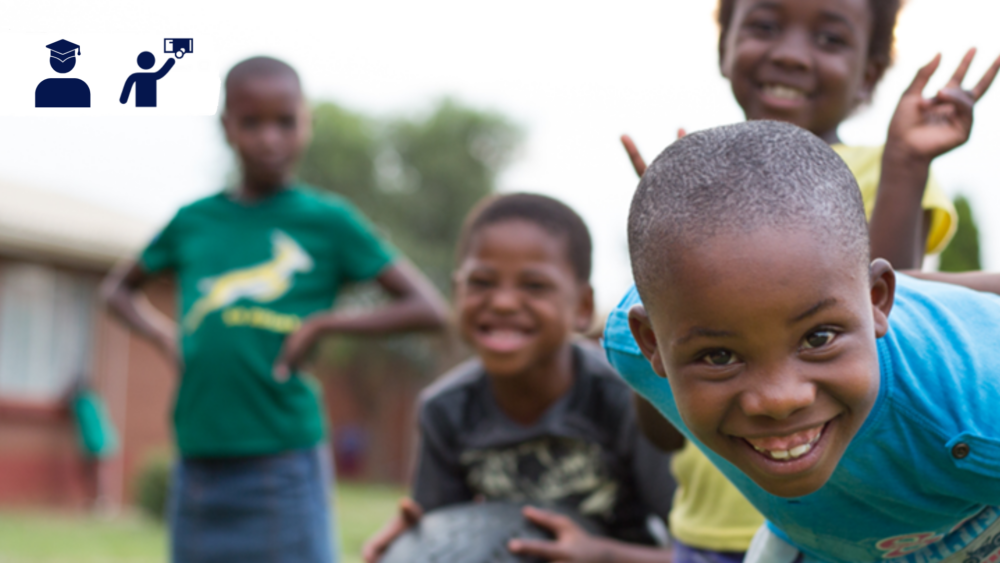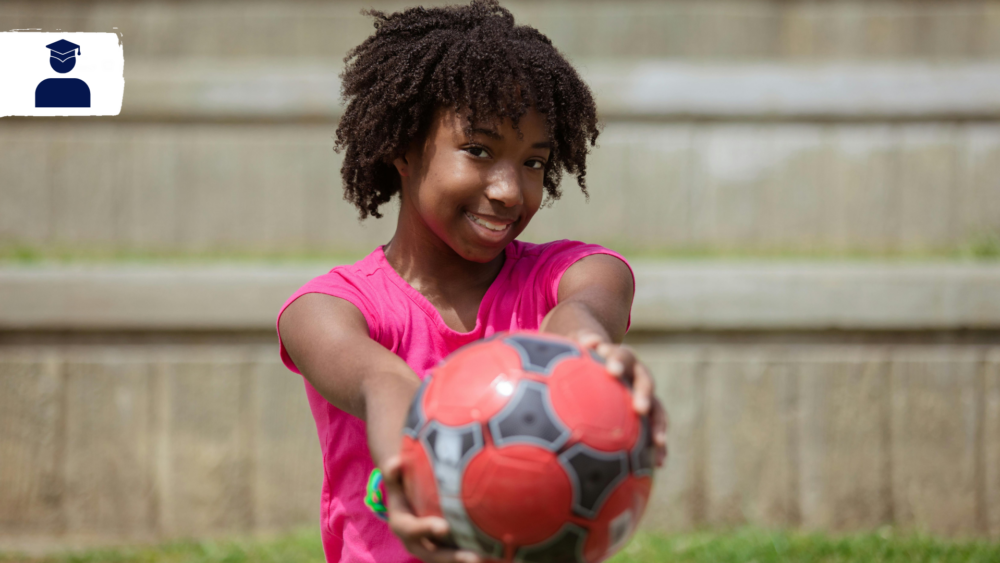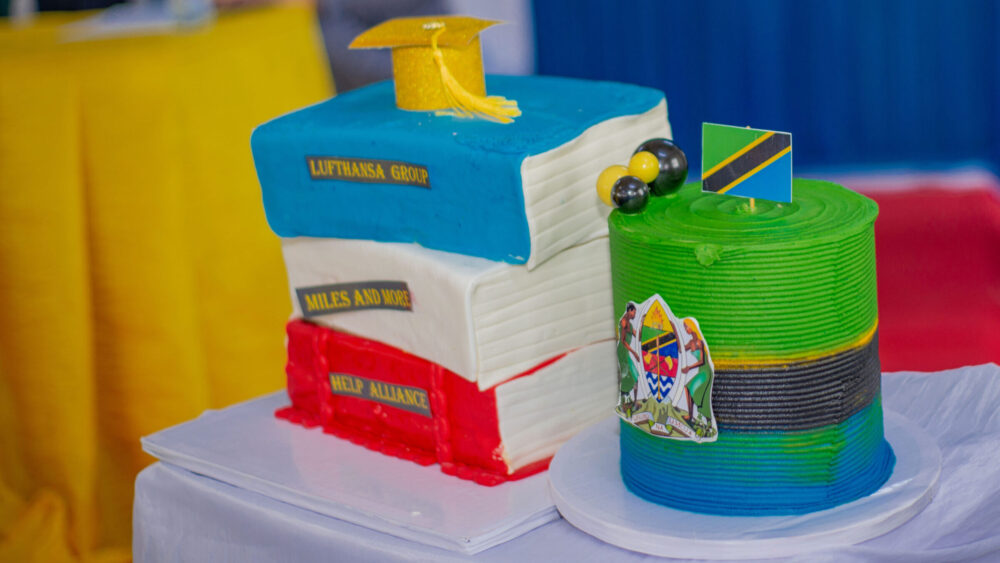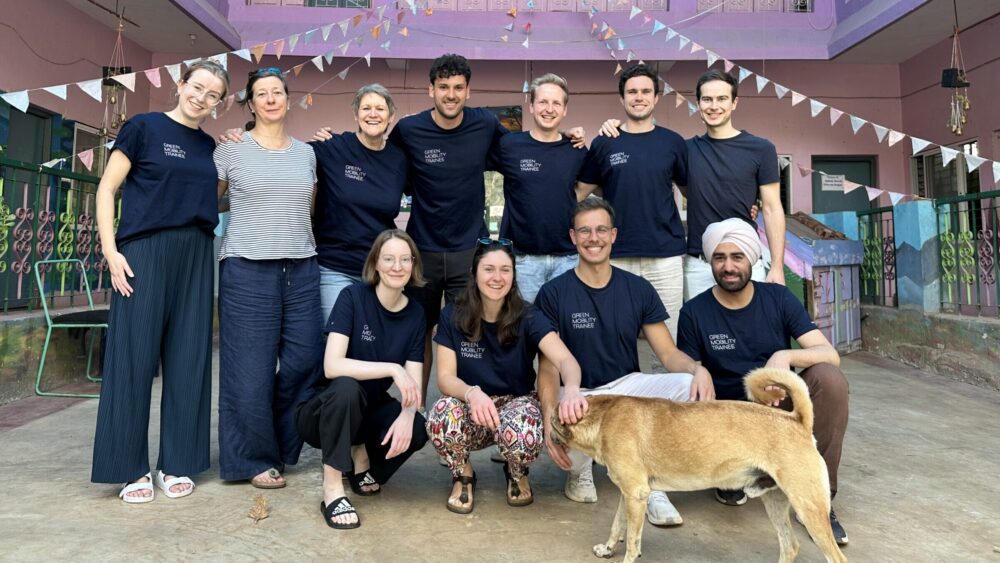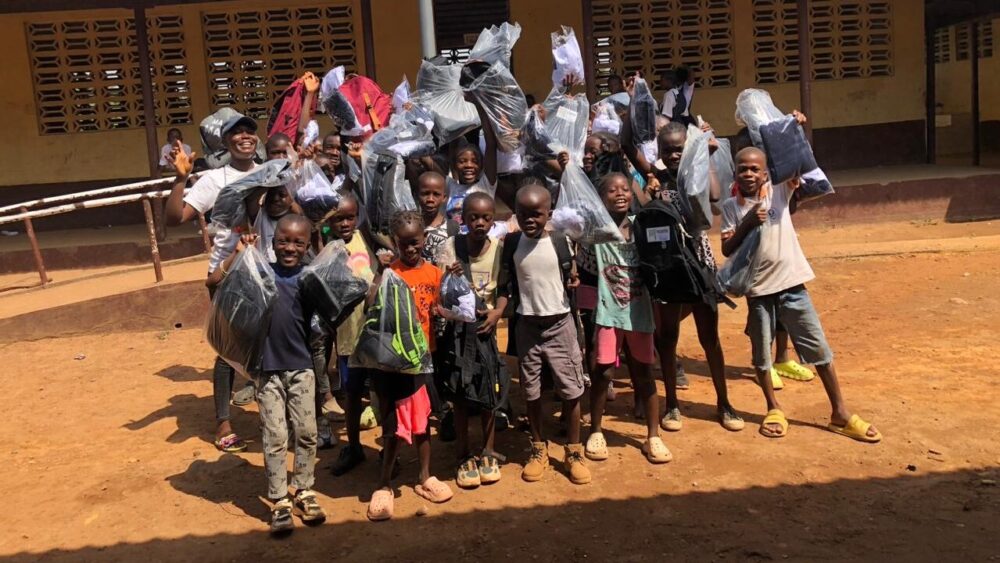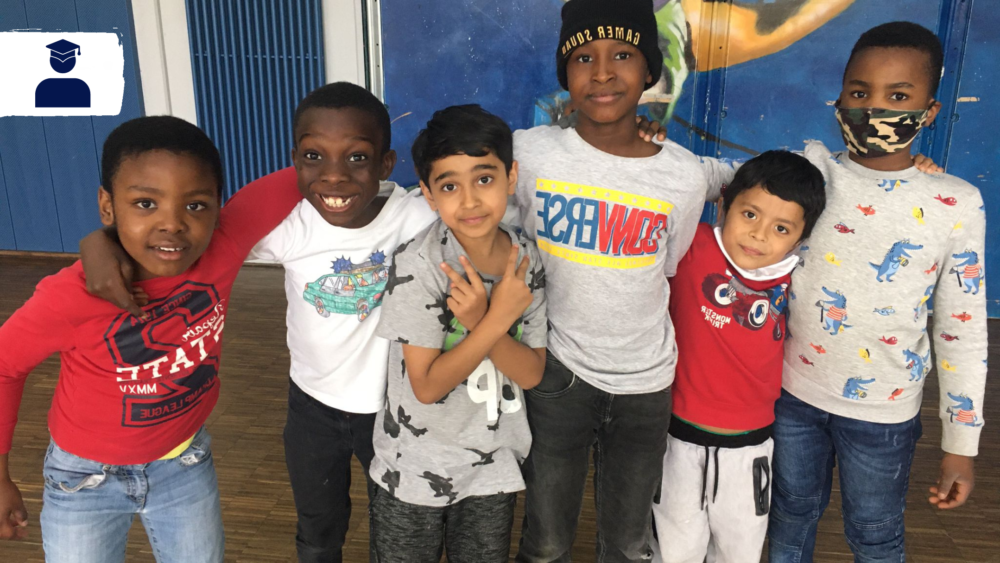
Dancing connects, Munich
Dancing is not only fun and looks good, but is also suitable for young people with flight and migration experience to overcome their traumas. Through this project, the foundation is laid for children and young people to move forward into a positive future.
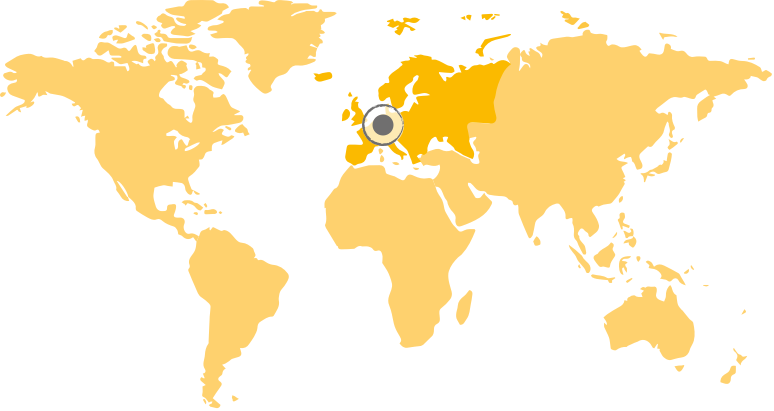
Project Background
Despite their high motivation, refugee children often have little success in education. The reasons for this lie not only in their lack of language skills, but also in their unclear residence status and the psychological trauma triggered by their experiences of war and flight. In addition, newly immigrated young people in Germany are only entitled to attend a general school up to the age of 14.5. When they arrive, they are enrolled in school according to their age, usually without consideration of the school’s support options or the children’s existing prior knowledge. Many of them have lost valuable time for lessons during their years of flight. The remaining school time until their 15th birthday is usually not enough to learn a foreign language and to achieve a school-leaving qualification, and yet they have to leave school. Measures of the labor market are usually denied because of the often still unresolved asylum status, or are unattainable without support due to educational and language deficits and in view of high bureaucratic hurdles. The young people’s lack of educational success leads to unemployment and a lack of employment opportunities, which makes successful integration into German society much more difficult.
The Campus di Monaco institution in cooperation with the Freudentanz association addresses precisely this problem and supports young people with a dance therapy concept. With the help of the open dance offers, children and young people with and without a migration background learn important values such as respect, tolerance, diversity and charity. In addition, there are various learning opportunities and psychosocial support for the children to improve their school performance and support in career orientation.
Target Group
The target group for this project are children and adolescents aged 11 – 17 with refugee and migration experience. All children are in need of support at school and have difficulties in obtaining a school-leaving qualification and a training position.
Project Goals
The project focuses on dancing as a unifying element: Here, refugee and non-refugee children and young people teach each other how to dance in open dance offerings three times a week and practice important values such as respect, tolerance, diversity, charity and reliability. In dance competitions with over 100 dancers, they meet other age groups, nationalities and dance styles. It quickly becomes clear that the participants also need support at school, that their school-leaving qualifications are at risk and that they have difficulties finding a training position. The accompanying programs improve their language skills and performance in German, English, math and science. In addition to academic support, they receive assistance with job applications and career guidance, or simply take advantage of the opportunity to talk to someone in confidence about their personal problems. Thus, they do not have the feeling of being alone and gain the ability to lead a self-determined life.
What are you supporting
The target group for this project are children and young people aged 6-17 with refugee and migration experience. All of the children are in need of support at school and have difficulties in obtaining a school-leaving certificate and an apprenticeship.

